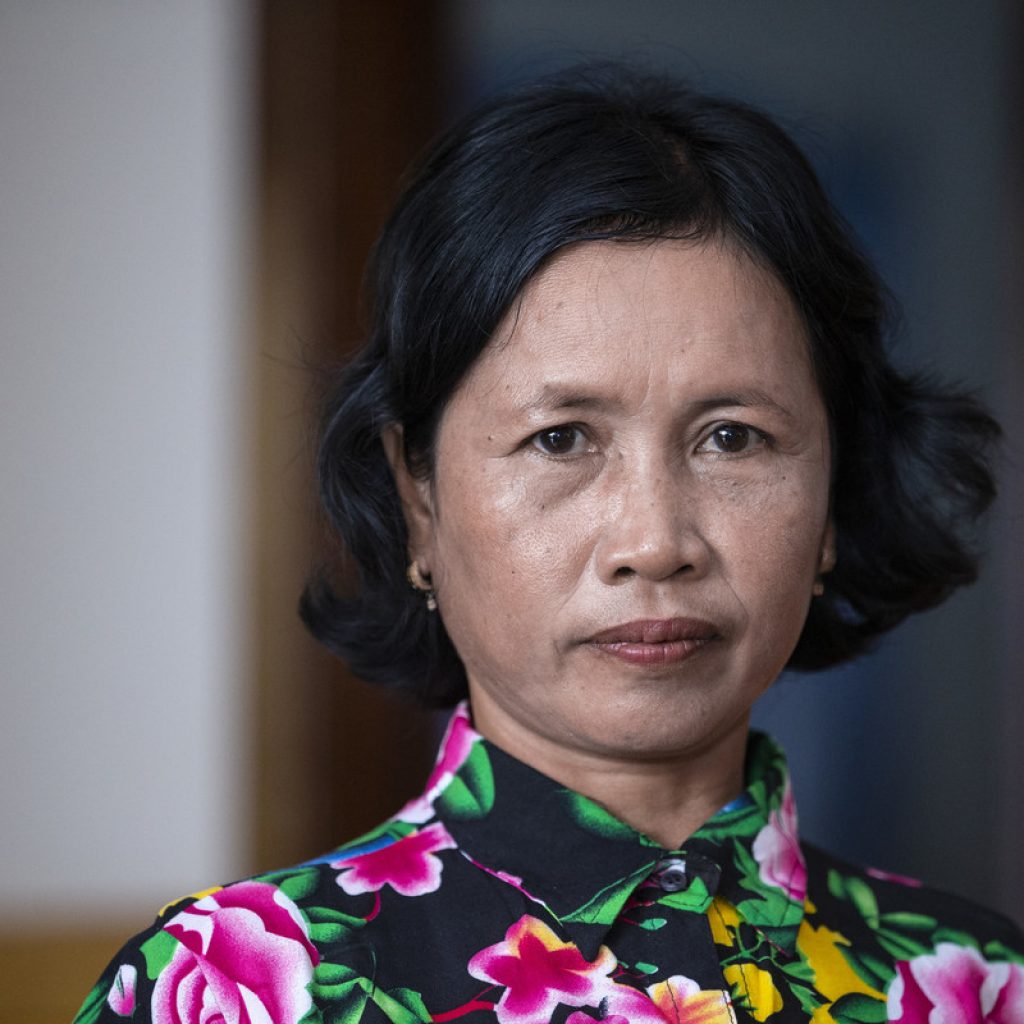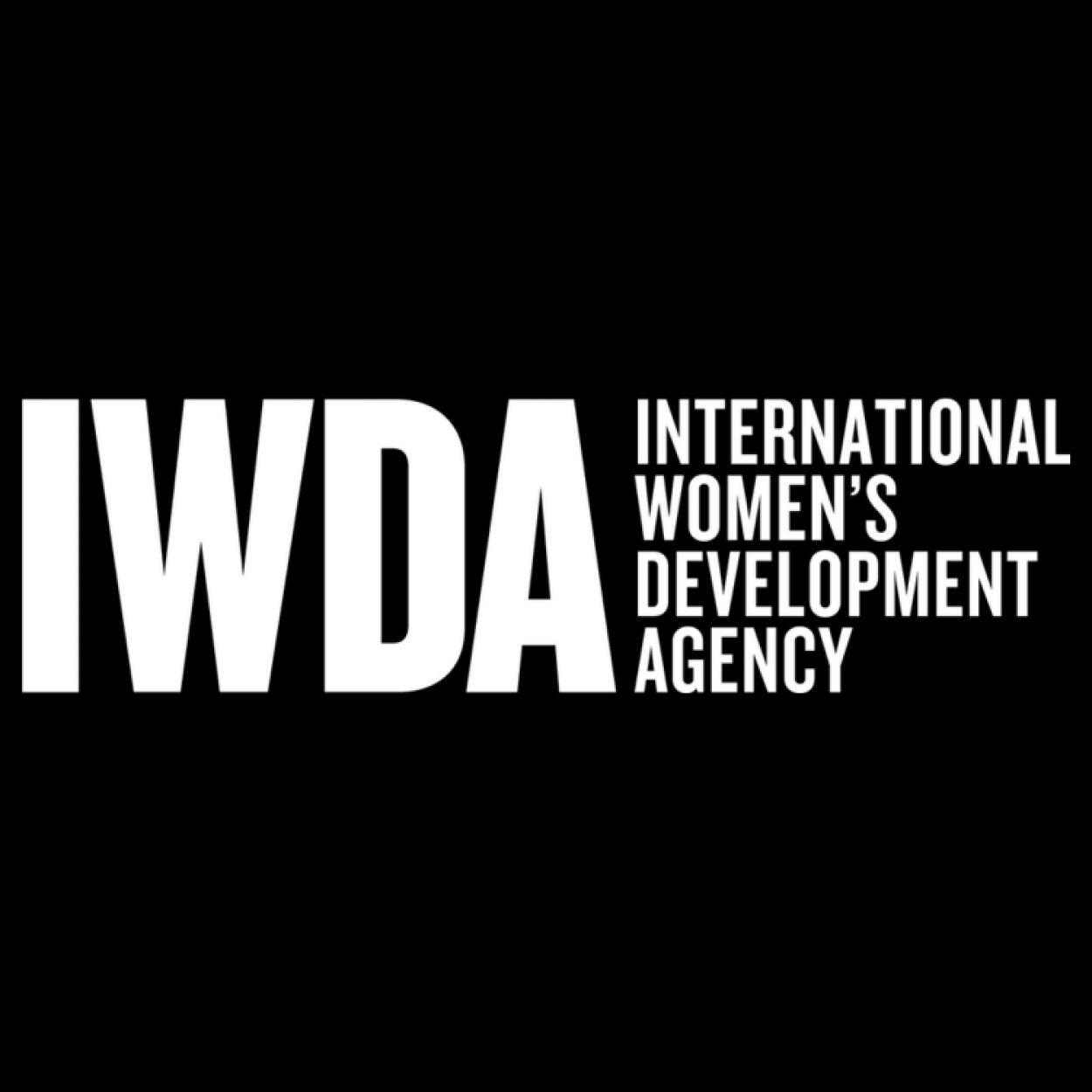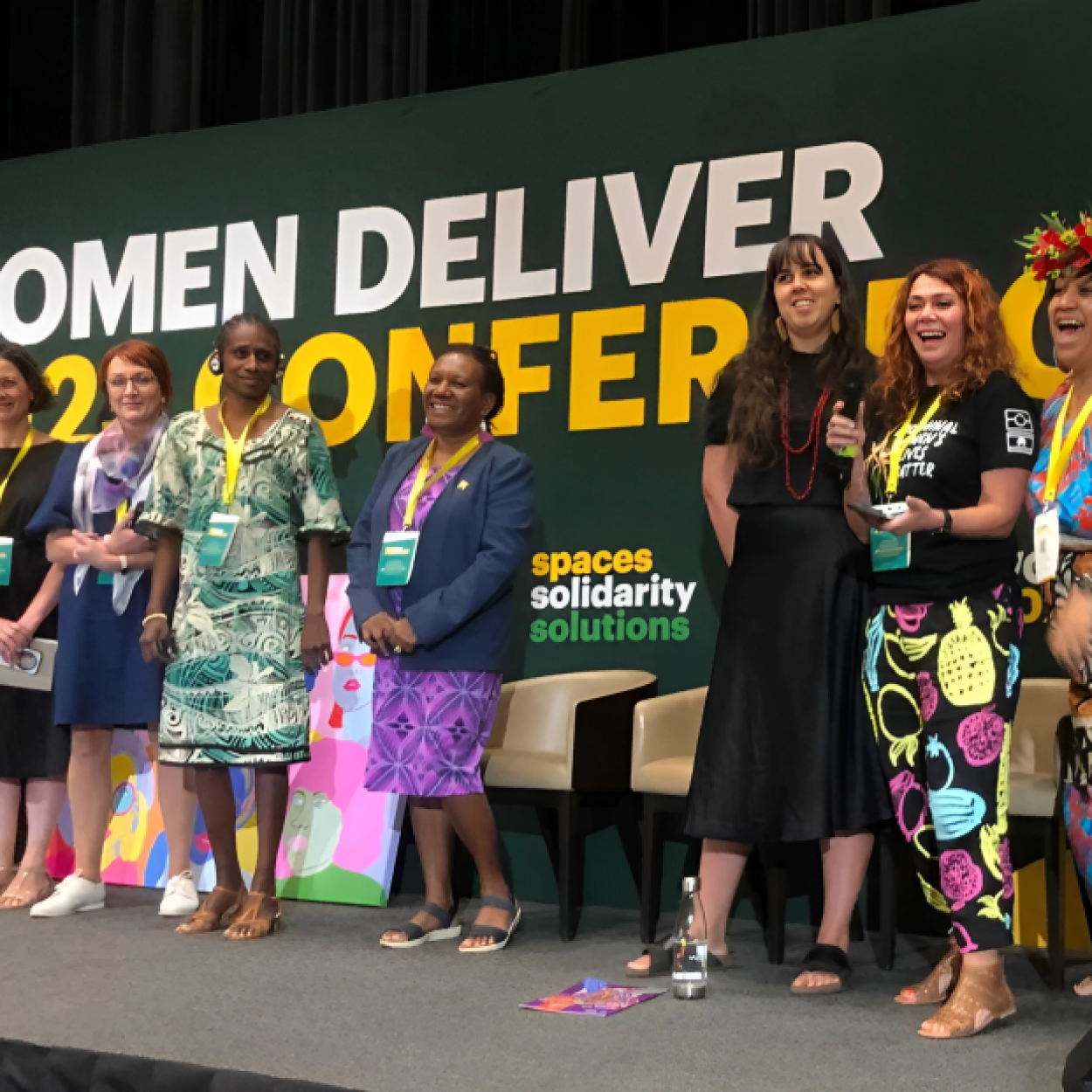
Understanding the Value of Care in a Crisis
The global pandemic has demonstrated beyond doubt that care work, both paid and unpaid, underpins economic and social life across the world. Here we want to explore and highlight the importance of caregiving in sustaining the wellbeing of societies and supporting people to live meaningful and healthy lives.
Firstly, what does caregiving look like?
Care includes support provided to children, people with disability, older people, and people who are unwell. Often this care is provided by friends and family, without monetary compensation, and so is not well captured in common measures of ‘work’ or ‘economic output’, such as Gross Domestic Product (GDP) or Gross National Income (GNI).
Why is this a feminist issue?
Unpaid care responsibilities are disproportionately undertaken by women. Worldwide, women are estimated to undertake 76.2% of the total amount of unpaid care work – that’s more than three out of every four hours performed. Across Asia and the Pacific as a whole, women do four times more unpaid care work than men. This indicates that capitalism is underwritten by the unpaid care most often provided by women – and frequently women who are the most marginalised, including women from migrant and refugee backgrounds and women of colour. The additional time spent by women providing unpaid care work reduces both their time to enjoy leisure activities and their time to engage in paid work. This unequal burden negatively impacts women’s economic autonomy and mental and physical health.
How has this come to the fore in the COVID-19 crisis?
The undervaluing of care leads to problems, and this has been laid bare by the current pandemic. Many ‘essential workers’ are care workers, including doctors, nurses and childcare workers. The forced or voluntary closure of many paid care-providing facilities has left many families in lockdown juggling the responsibilities of care work and paid employment. These circumstances are converging to present an unprecedented challenge to society, but they are also an opportunity to radically transform the value we place on both paid and unpaid care.
So, what can be done to improve this situation?
Decades of feminist economic analysis and advocacy have uncovered key policy interventions to recognise, reduce and redistribute unpaid care work. The first step is to recognise unpaid care work and a key factor in this is the need to measure care contributions as part of the economy. Economists have long recognised the limitations of output-focused measures like GDP in capturing the full picture of an economy. Instead, measurements that consider overall impact, including care work, allow governments to support activities that promote living standards. More widely, we need to challenge inequality and transform gender roles, as well as create care-friendly workplaces.
Read more about the steps that need to be taken to recognise, reduce, and redistribute care work in our latest factsheet: Care in Crisis.
We’ve never seen anything with the potential for such a devastating impact on women and girls as the current pandemic. Can you help women most at risk during COVID-19?



